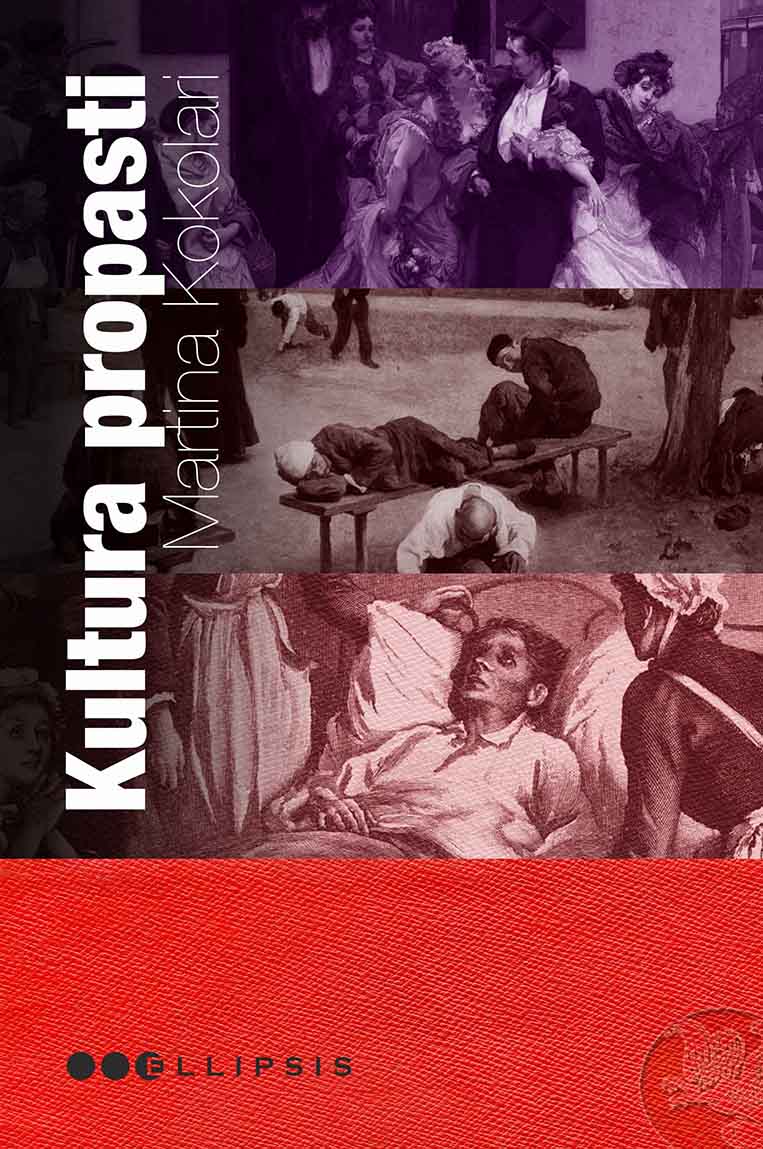Kultura propasti - Hrvatski književni dekadenti fin de sièclea
The Culture of Decline. Decadent Characters in Croatian Literature in Fin de Siècle
Author(s): Martina Kokolari
Contributor(s): Maroje Višić (Editor)
Subject(s): Language and Literature Studies, Croatian Literature, Theory of Literature
Published by: Durieux
Keywords: literature; decadence; culture; Croatian literature;
Summary/Abstract: Although it is a difficult task to write comprehensively about decadence, considering the variety of its manifestations, the intention of this book is to show in what ways decadence as a thought pattern and mental disposition, extremely typical of the European fin de siècle, manifested in selected works in Croatian literature at the end of the 19th and beginning of the 20th century. Dealing primarily with the decadent characters, who are considered to be one of the most common characters in the Croatian literature of that period, the author observes decadence as the main mechanism in the typology of male characters: it is the disintegration of identity integrity, awareness of the meaninglessness of the world, specific feeling of inferiority. Read within the frame of fin de siècle historical scepticism and the mal de vivre phenomenon, the analysed works reveal anxious, lost, paralysed characters, who face the nothingness of the world and the consequent inability to establish one’s own identity. Even though the idea of historical decline is by no means characteristic of the 19th century, no other period had such a reputation for pessimism as the fin de siècle. Warning of the complexity of the relationship between literature and extra-literary reality, in order to show by concrete examples how the writers fictionalized the moods of the time, the study presents the spiritual and cultural climate in which the idea of decadence developed and its philosophical foundations.
Decadence in Croatia was built on the firm foundation of national psychology, and the reception of European spiritual currents was in many ways determined by the political situation. Withal, the decadence examined is specifically Croatian. Unlike Western decadence or the decadence of the Russian ‘superfluous man’, it is not inherent to members of the upper classes who live in wealth and, in their idleness, indulge in analysis and rumination, but is instead usually tied to ’common’ people, teachers, fallen priests, writers, or (semi-)intellectuals who, often also pressed by material worries, collapse under the weight of frustrating melancholia and anxiety. These dispositions are two sides of the same phenomenon: symptoms of neurosis as the starting- and end-point of all decadent identities. All characters from the analysed texts are burdened with the historical heritage of melancholia, a yearning for the unattainable and lost as well as an all-pervading sorrow, and anxiety, some unclear paralysing fear that prevents them from actively participating in their own lives. But, despite that, the study identifies decadence as a privileged state thanks to which an individual comprehends the foundations of their culture and society, seeing their meaninglessness and corruption.
- Print-ISBN-13: 978-953-188-521-8
- Page Count: 287
- Publication Year: 2023
- Language: Croatian
- eBook-PDF
- Table of Content
- Introduction

